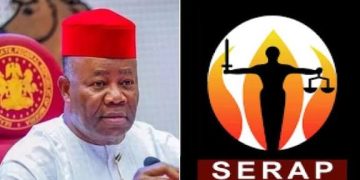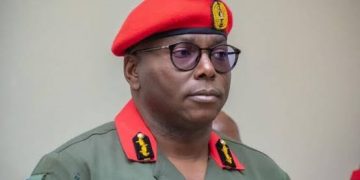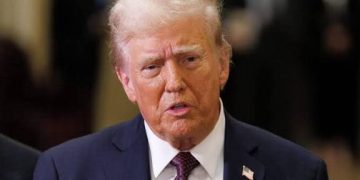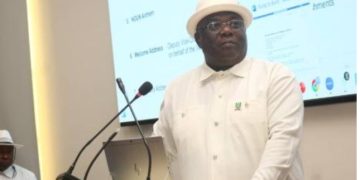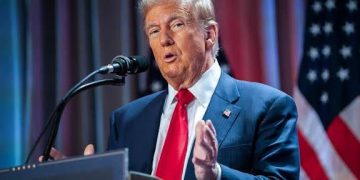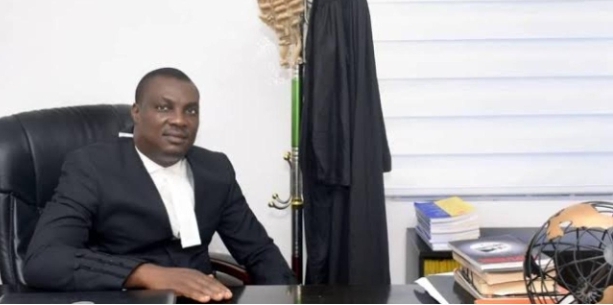It has been over four years since Mazi Nnamdi Kanu, leader of the Indigenous People of Biafra (IPOB), was forcibly taken and returned to Nigeria in June 2021 and arraigned before the Federal High Court, Abuja.
On October 13, 2022, the Court of Appeal courageously held that his extraordinary rendition from Kenya was unlawful, and consequently discharged and acquitted him of all charges. But on December 15, 2023, the Supreme Court reversed that verdict.
It must, however, be clearly stated that the Supreme Court never pronounced Kanu’s abduction lawful—far from it. It merely held that the Court of Appeal overreached by terminating the trial, and thus reinstated the proceedings. In essence, the Court allowed the process to continue, leaving the legal, moral, and constitutional questions surrounding Kanu’s abduction unanswered.
Yet beyond the legal technicalities lies a deeper, older, and more dangerous question—the national question, the same question that once led Nigeria down the path of civil war: the question of a people’s right to self-determination. Ths is the unanswered question of our national conscience.
Nigeria toys with a ticking time bomb when it assumes that the quest for self-determination can be extinguished by the killing or incarceration of its prophets. History warns us: you may kill the messenger, but you cannot bury the message. When you silence the prophet, the spirit of the people will rise in his stead.
How does a nation that claims to uphold the rule of law justify the prolonged detention of a man never convicted of any crime? How does a government that extends pardon to the guilty keep an unconvicted man in solitary confinement? That contradiction is not governance—it is a moral wound on the conscience of a nation.
As citizens, our first allegiance is to truth and justice, not to the transient whims of any regime. The continued detention of Nnamdi Kanu, despite the judicial stigma of illegality tainting the process, stands as a blot on the conscience of the Nigerian state and a mockery of justice under the law.
No government wins unity by silencing dissent.
No nation becomes stronger by trampling on its own laws.
I therefore join my voice with that of Omoyele Sowore and other patriots of conscience to call for the immediate and unconditional release of Nnamdi Kanu.
True peace is not built on coercion but on justice evenly dispensed. Let the Nigerian government demonstrate strength through fairness, not fear; and legitimacy through justice, not persecution.
The release of Nnamdi Kanu is no longer a political decision—it is a moral imperative, a constitutional duty, and above all, a test of Nigeria’s claim to democracy and decency.
Tope Temokun, Esq.
Lawyer speaking to history and Advocate of Justice
October 15, 2025.!


